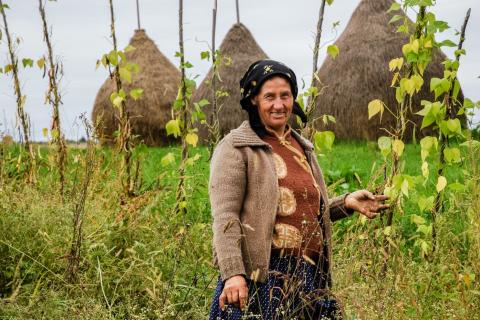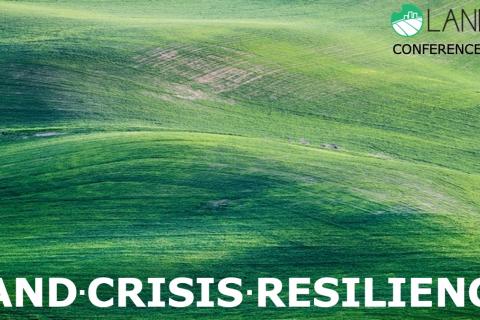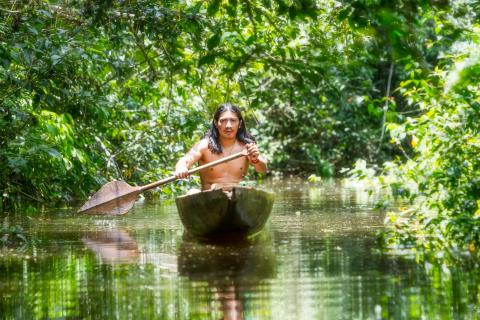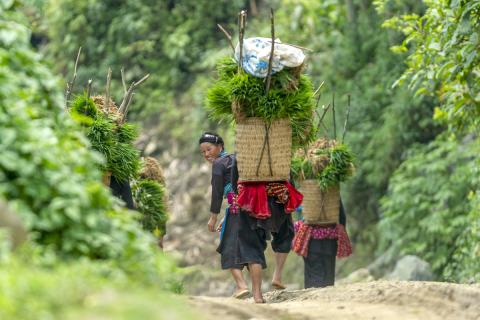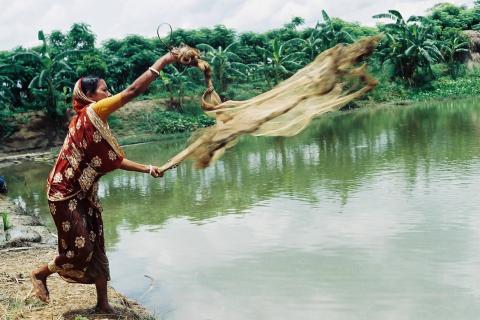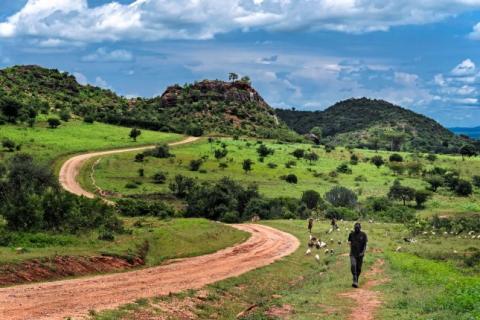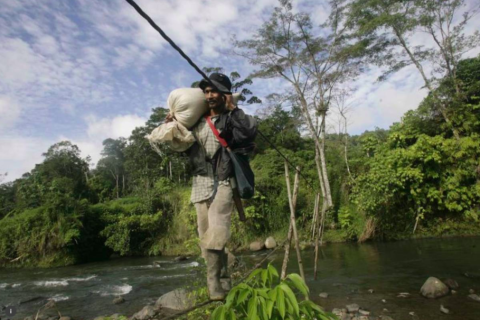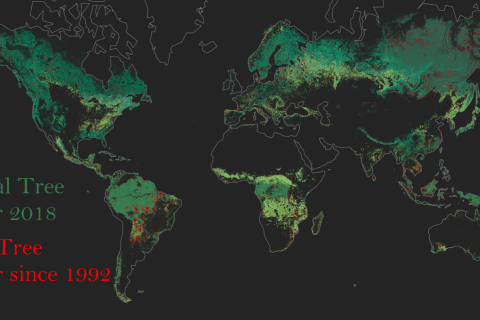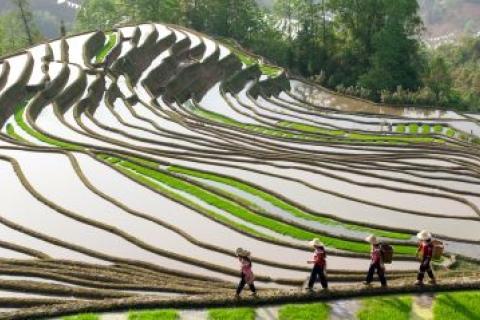Land Inequality Is a Crisis. Achieving Women’s Land Rights Is How We Respond.
Land. It is a commodity like no other. We live on it. We grow from it. We drink from it and build our futures upon it. But — increasingly and frighteningly so — we don’t share it equally.
The distribution of land has long defined the gap between rich and poor. Now new data shows clearer than ever how the way in which land is being shared and managed profoundly impacts extreme and rising inequality, and the achievement of women’s and girl’s rights.

